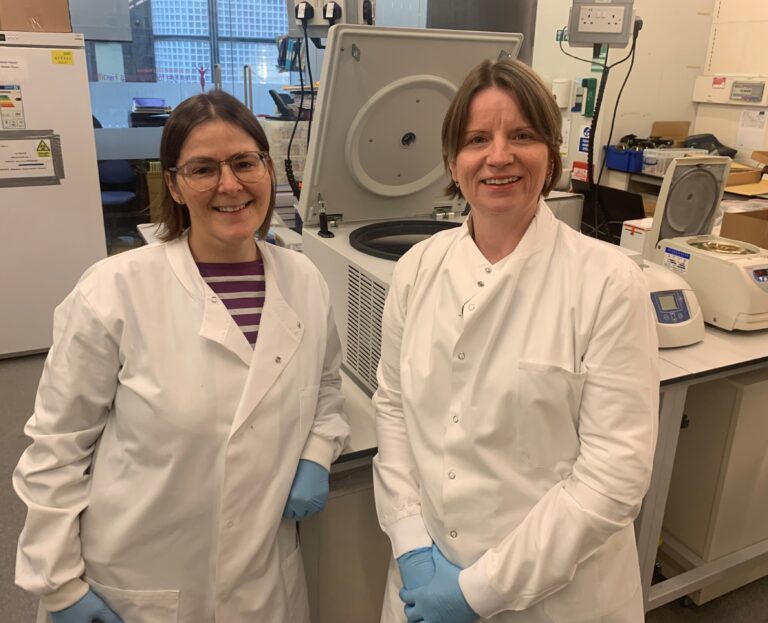A recent study funded by The Eve Appeal and published in The Lancet Oncology has introduced a new diagnostic test for womb cancer, known as the WID-qEC test. Developed by researchers at UCL’s Institute for Women’s Health in London (UK), the test aims to provide a quicker and less invasive alternative to the current diagnostic process.
Womb cancer is the fourth most common cancer in UK women, with the primary symptom being abnormal vaginal bleeding. Traditionally, diagnosis involves ultrasound scans and possibly invasive biopsies, which can be painful and time-consuming. The new WID-qEC test, utilizing PCR technology, detects cancer-specific DNA through DNA methylation patterns found in cervical samples.
The research shows that this test could reduce the number of invasive biopsies needed, especially in peri- and post-menopausal women. It is also expected to streamline the diagnostic process, lessen the strain on healthcare clinics, and potentially save costs.
The researchers now aim to integrate the WID-qEC test into NHS (National Health Service) screening programs. This could improve the referral process for those with abnormal bleeding and offer an at-home testing option for high-risk groups, such as women with Lynch Syndrome. The development of this test is a step forward in women’s health, with potential for widespread impact on the NHS and patient experiences.




